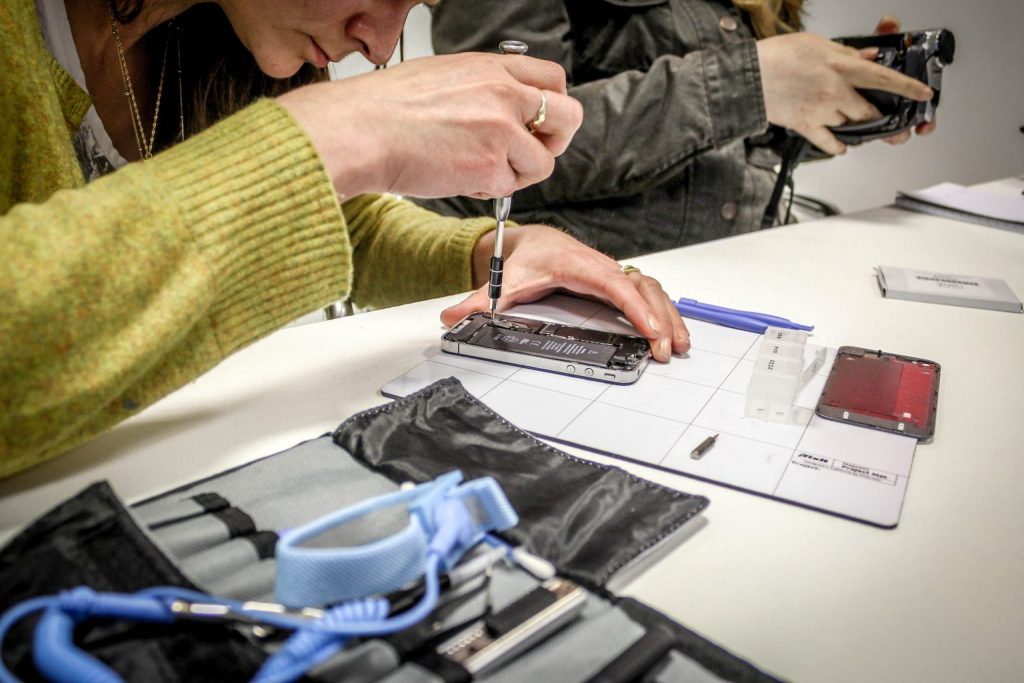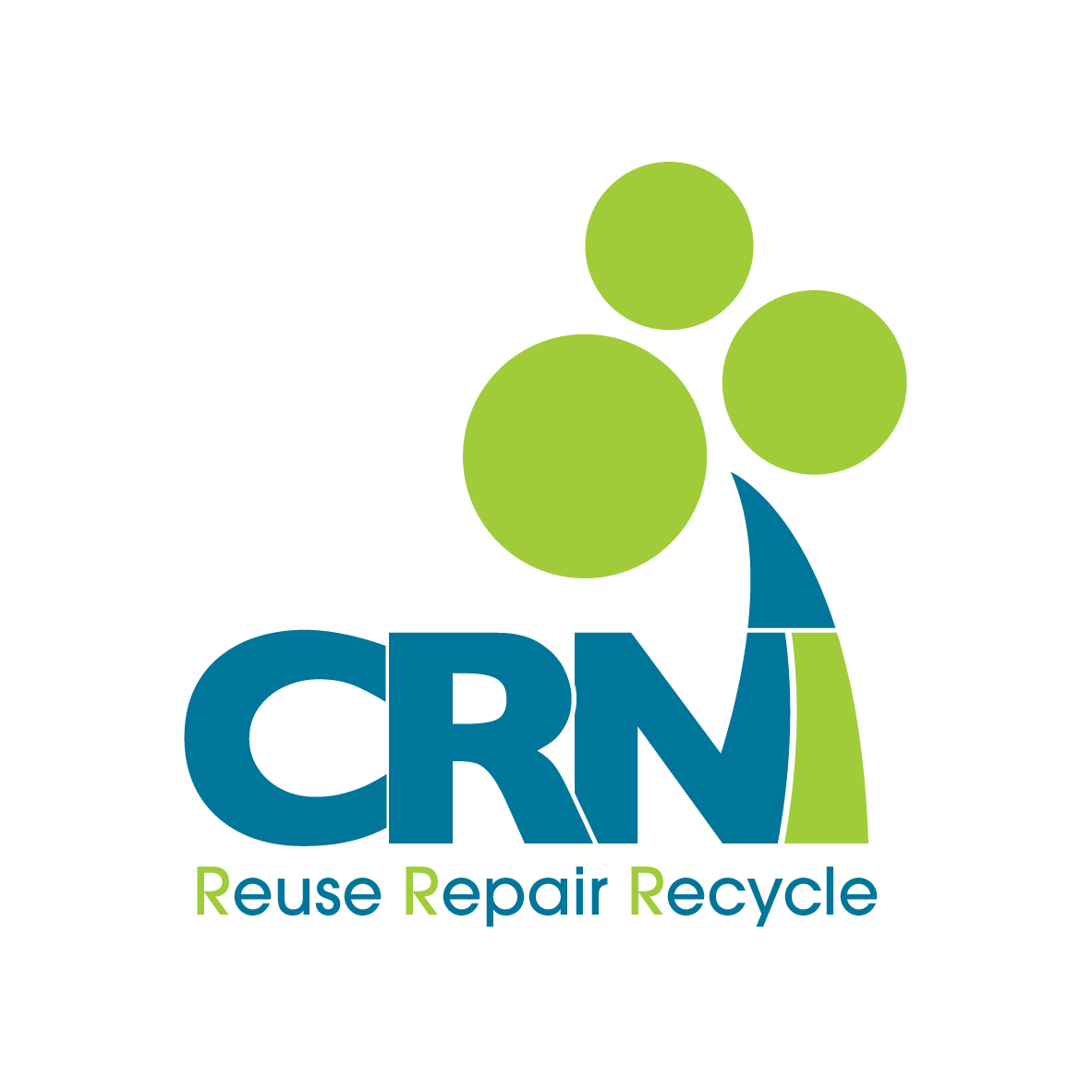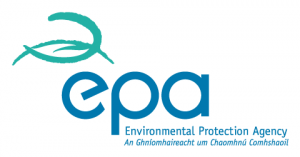
Press Release from Right to Repair Coalition
On Monday 26 October, the European Parliament’s Internal Market and Consumer Protection (IMCO) Committee will vote on the draft own initiative report on how to make the EU internal market more sustainable. The report contains a number of recommendations for future action, and is designed to inform the upcoming “empowering the consumer in the green transition” and sustainable product policy initiatives. A significant part of the report is dedicated to the outlining of the European Parliament’s vision on how to make sustainable products the norm in the EU, and on how to empower consumers to play a stronger role in the green transition.
A number of compromise amendments have been tabled by all main political groups in the EP to the draft report prepared by the rapporteur (David Cormand, Greens/EFA, FR), many of which support the Commission’s ambitions or call for additional regulatory initiatives to reduce the environmental footprint of production and consumption in the EU. In this regard, a good number of proposals are made in relation to right to repair, premature obsolescence, mandatory labelling of products and green public procurement.
However, a separate set of alternative compromise amendments have now been tabled by ECR, EPP and Renew groups, aimed at watering down three provisions in particular, related to:
- limiting the mandatory labelling of products in favour of voluntary schemes only, and thus rejecting the need for a mandatory repair score;
- weakening provisions on premature obsolescence by restricting recommendations related thereto to practices with an explicit and exclusive intent to effectively shorten the lifetime of a product
- suppressing the reference to mandatory sustainability criteria and targets for public procurement.
This is the second time this week that the Renew group seems to have abandoned its sustainability ambitions, and have grouped up with the centre-right groups to water down provisions related to environmental protection.
Our asks
- We call on MEPs to support a mandatory repair score on our electronic products. For consumers to be able to easily identify the most long-lasting and easy to repair products, as well as to support manufacturers that invest in offering reparable and durable designs, the information on reparability should be easy to understand and comparable. This will not be achieved through voluntary schemes which only target the best-in-class products – we need a label that works just like the EU’s Energy Label, or for a repairability score to simply be added as an additional parameter of the latter.
- We call on all practices of premature and planned obsolescence to be outlawed. These don’t only include the most blatant practices, whose sole purpose is to deliberately shorten the lifetime of a given product. Other equally important decisions by manufacturers reduce the lifespan of products, including: design decisions preventing disassembly; lack of access to spare parts and repair information and the premature discontinuation in the provision of security and software updates,.
- We call on green public procurement to become the norm. If we are to achieve the ambition of making sustainable products the norm, public authorities will need to walk the talk and be the trailblazers in this transition. Restricting purchasing of sustainable products to voluntary initiatives favours the unsustainable status quo of today, and falls well behind some of the national initiatives for mandatory green public purchasing that exist already.
- October 26, 2020
Sign up to our quarterly newsletter for more information on reuse and recycling and be part of Ireland’s only reuse and recycling network. For information about our privacy practices, see here.


